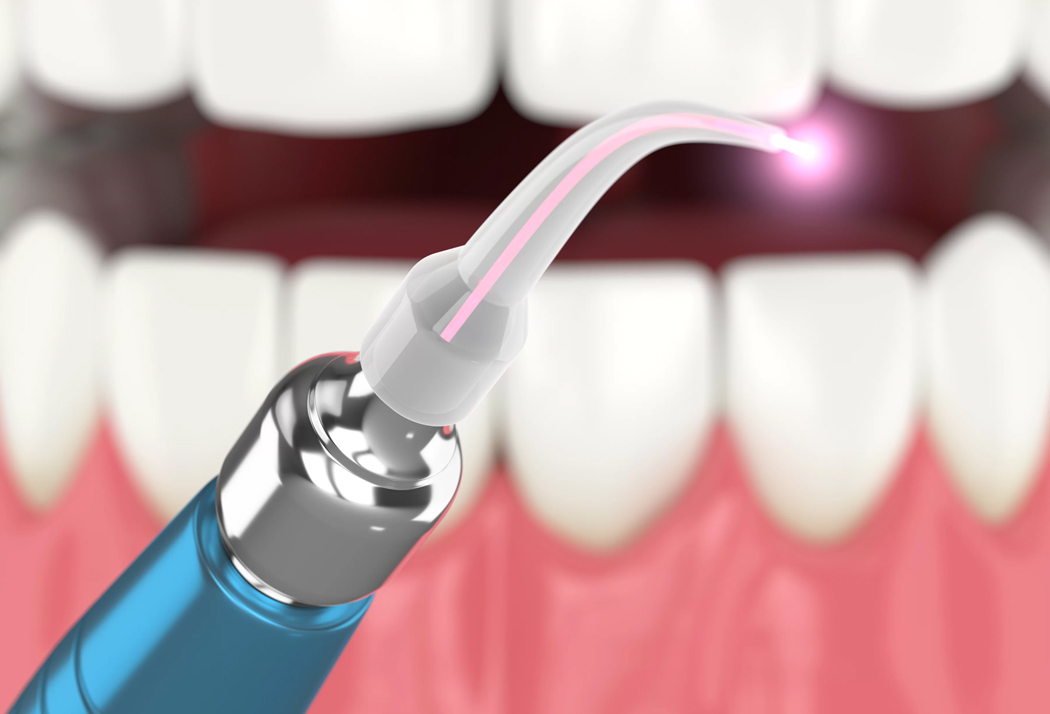What Should Be Known About Gum Diseases?
Gum diseases are conditions characterized by inflammation and infection of the tissues surrounding the teeth. Gum health is critical for overall oral health, and if left untreated, these diseases can lead to serious problems. Here are some important points to know about gum diseases:
Types of Gum Diseases
Gingivitis: This is the inflammation of the gums, usually caused by the accumulation of dental plaque and tartar. Symptoms include bleeding, swelling, and tenderness in the gums. It can be treated in its early stages.
Periodontitis: This is an advanced form of gingivitis. It affects the bone tissue supporting the teeth. Symptoms may include gum recession, tooth mobility, and bad breath. If left untreated, it can lead to tooth loss.
Symptoms
Bleeding gums (especially when brushing)
Swelling and redness of the gums
Bad breath
Tooth mobility or recession
Abscess or pus formation around the gums
Causes
Dental Plaque: A structure formed by the accumulation of bacteria on the tooth surface, which can cause inflammation in the gums.
Tartar: This is formed by the hardening of dental plaque and accelerates the development of gum diseases.
Smoking: Tobacco use is a significant risk factor for the development of gum diseases.
Poor Oral Hygiene: Inadequate brushing and lack of flossing can trigger gum diseases.
Hormonal Changes: Conditions such as pregnancy, menstrual periods, or menopause can increase gum sensitivity.
Genetic Factors: Individuals with a family history of gum disease may have an increased risk.
Treatment Methods
Dental Cleaning: Professional cleaning performed by a dentist removes dental plaque and tartar.
Medication: Antibiotics or mouth rinses can help reduce inflammation and control infection.
Surgical Intervention: In advanced cases of periodontitis, surgical procedures such as reshaping the gums or gum grafting may be necessary.
Prevention
Regular Brushing: Brush your teeth at least twice a day.
Flossing: Don’t neglect to use dental floss to clean between your teeth.
Regular Dental Check-ups: Visit your dentist regularly; typically, check-ups and cleanings are recommended twice a year.
Healthy Diet: Consuming low-sugar foods can help maintain dental health.
Reducing Smoking and Alcohol Consumption: These habits are known to negatively impact gum health.
Relationship to General Health
Gum diseases have been associated with general health issues such as heart disease, diabetes, and respiratory diseases. Therefore, maintaining gum health is also important for overall health.
Important Notes
Gum diseases often do not show symptoms in their early stages, making regular dental check-ups crucial.
If left untreated, gum diseases can lead to serious consequences, such as tooth loss.
Paying attention to oral hygiene is the most effective way to prevent gum diseases.
Protecting your gum health is vital for your overall health. Not ignoring the symptoms of gum diseases and making regular visits to the dentist can help maintain a healthy oral and dental structure.
 English
English
 русский
русский
 Türkçe
Türkçe


